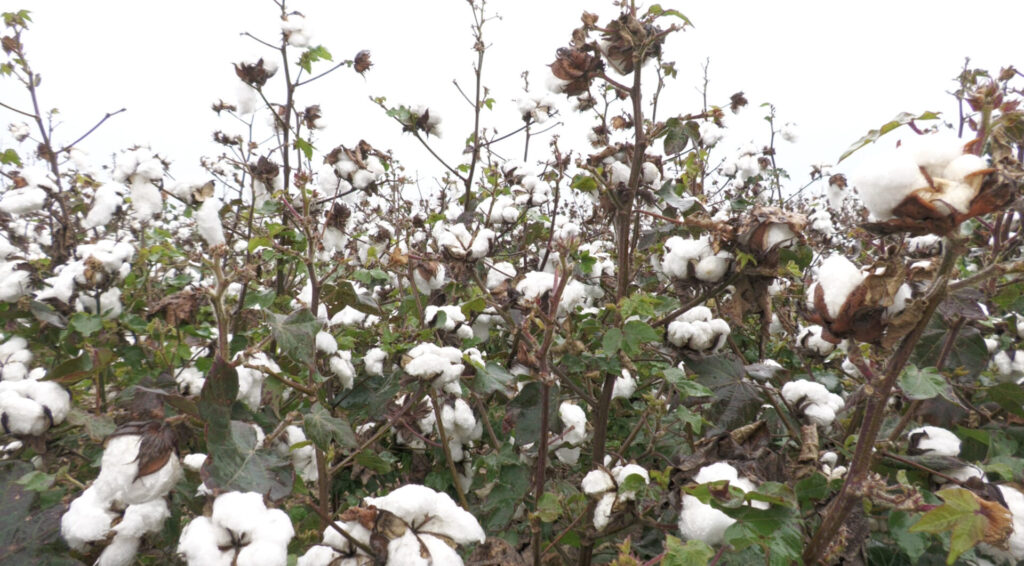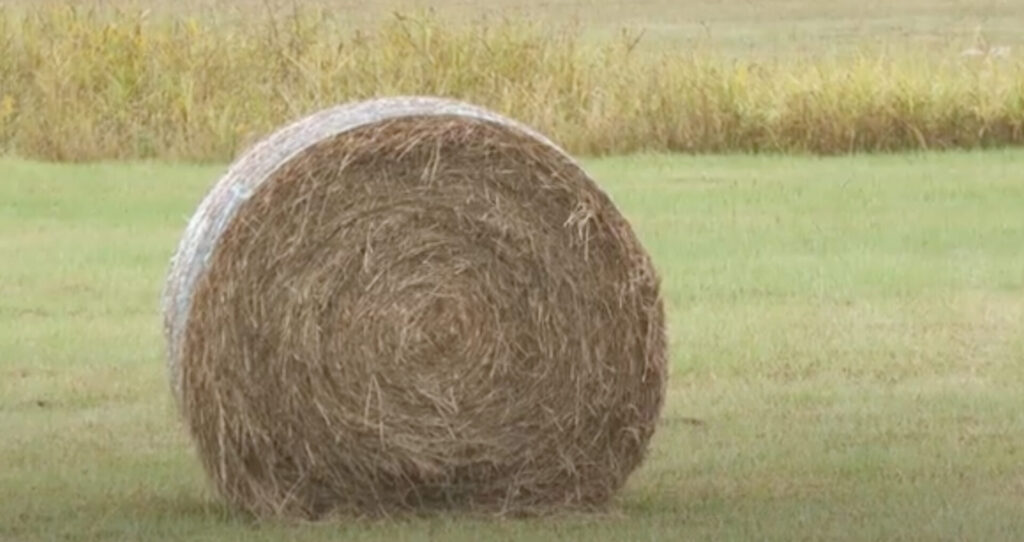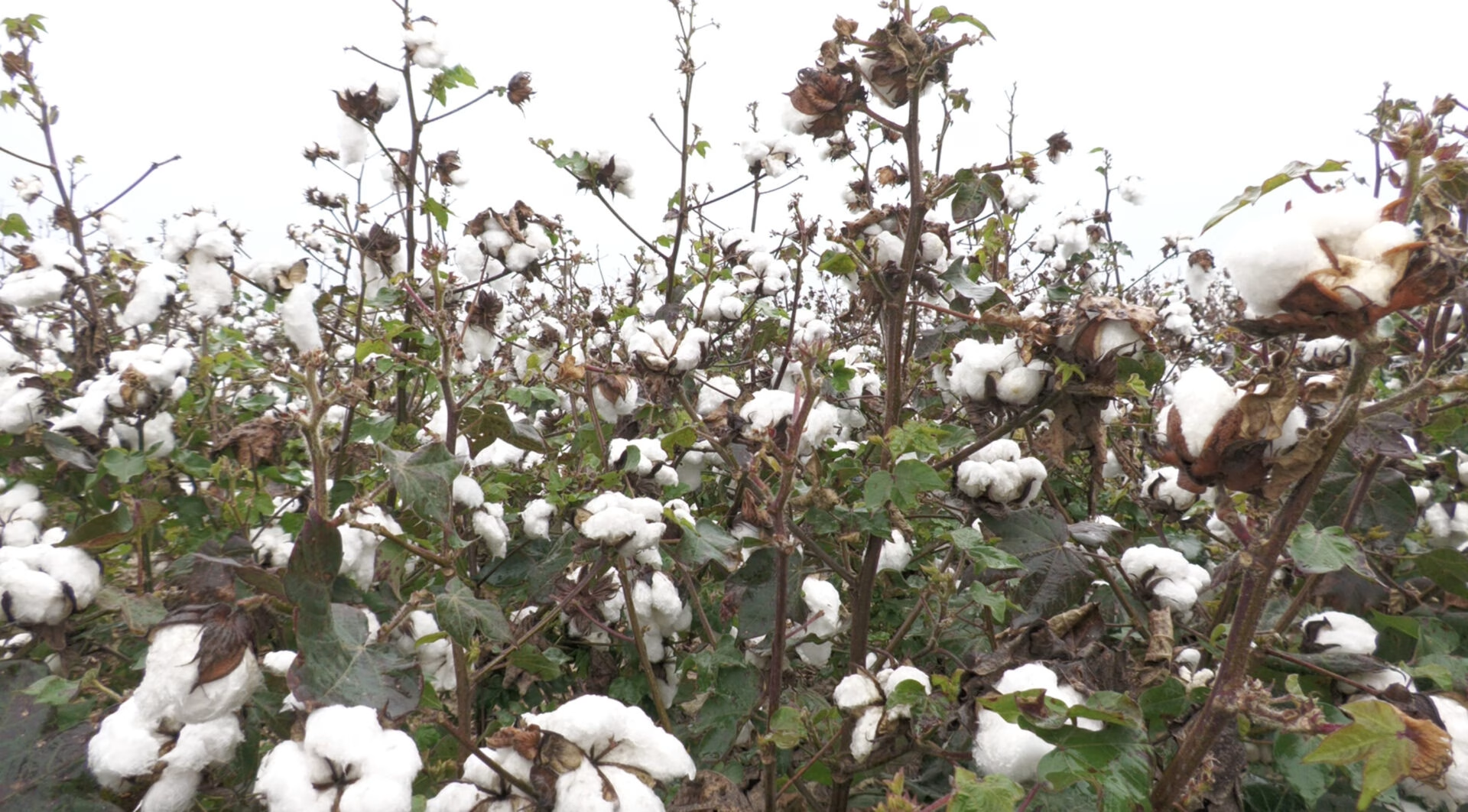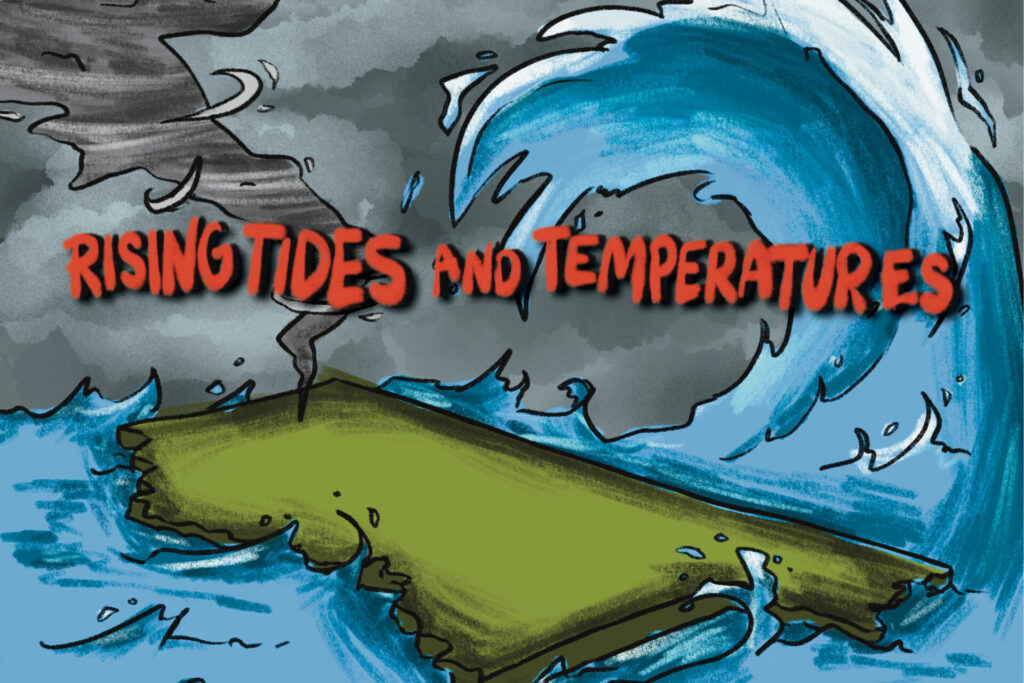By Caleb Bowman
Mississippi State University Climate Reporting Project
Agriculture is the Magnolia State’s largest industry, generating $9.72 billion on roughly 34,700 farms across 10.4 million acres in 2022, according to the Mississippi Department of Agriculture and Commerce.
It’s a high-risk industry and farmers rely on organizations such as the National Oceanic and Atmospheric Administration to produce seasonal forecasts. With this information, farmers can change their planting strategies to cope with variations in weather patterns. For example, farmers may plant crops earlier or later in the season depending on when the last frost occurs and how warm the soil is. They also may change how crops are placed, adjusting the depth of seed placement and the distance between adjacent rows of crops, to help the crops better withstand climate extremes.
At Mississippi State University, Assistant Professor in Agricultural Climatology Prakash Jha and his team are researching additional ways to help farmers manage the impact of climate change. They are developing the Mississippi System for Disease Early Warning. The system uses climate forecasts, remote sensing and crop models to predict the productivity of crops in an upcoming growing season. This information will be passed on to farmers who can use it to create field-management strategies.
Jha said planting climate-resilient crops is one option for farmers in the face of climate change. Drought-tolerant and heat-tolerant crops are being developed across the globe that can mature under conditions that would usually cause stress in plants.

Irrigation strategies can alleviate a lot of the detrimental effects posed by heat stress, but irrigation relies on the storage of groundwater beneath the earth’s surface. Climatologist Jha said Mississippi’s groundwater storage is being depleted due to increases in the amount of irrigation for crops like soybeans and cotton.
Despite these issues, MSU Assistant Professor of Agronomy Jagmandeep Dhillon said temperatures in Mississippi are not yet significantly harming the state’s crop production.
“Definitely, the way we are heading, it’s going to be a huge negative impact, but when it’s going to happen, that’s debatable,” said Dhillon. “What we have found: We are not there yet. Our temperatures haven’t hit that point after which it will be negative.”
Brandi Karisch, MSU research professor in the Department of Animal and Dairy Sciences, said extreme weather events like droughts can also be problematic for cattle producers and that a current drought in Mississippi has had a negative impact on livestock production.
“We’re not used to not having any rain, so from a livestock producer side of things, not only does that affect the grass that we grow for the cows to eat, but on top of that, it’s getting so harsh in some areas – where typically we would water some cattle out of ponds – they’re having to haul water to cattle because ponds are drying up,” Karisch said.
To address livestock production issues, animals are being bred to be heartier in climate extremes. Karisch said many farmers now own a species of cattle that is more tolerant to extreme heat. MSU researchers also indicate that artificial shades are often used to protect cattle from extreme heat in areas where there is less natural shade, and farmers may work their cows early in the morning to keep them from getting too hot. Karisch said MSU also recommends rotational grazing, reducing the number of cows in a pasture and no-till seeding practices that maintain the soil’s integrity.
For now, agronomist Dhillon said that Mississippi agriculture has been able to avoid a lot of the negative impacts of climate change by using effective management strategies, but it is not a given that this trend will continue.
“Can we stay ahead of the curve?” Dhillon said. “That is what we are trying to do.”



